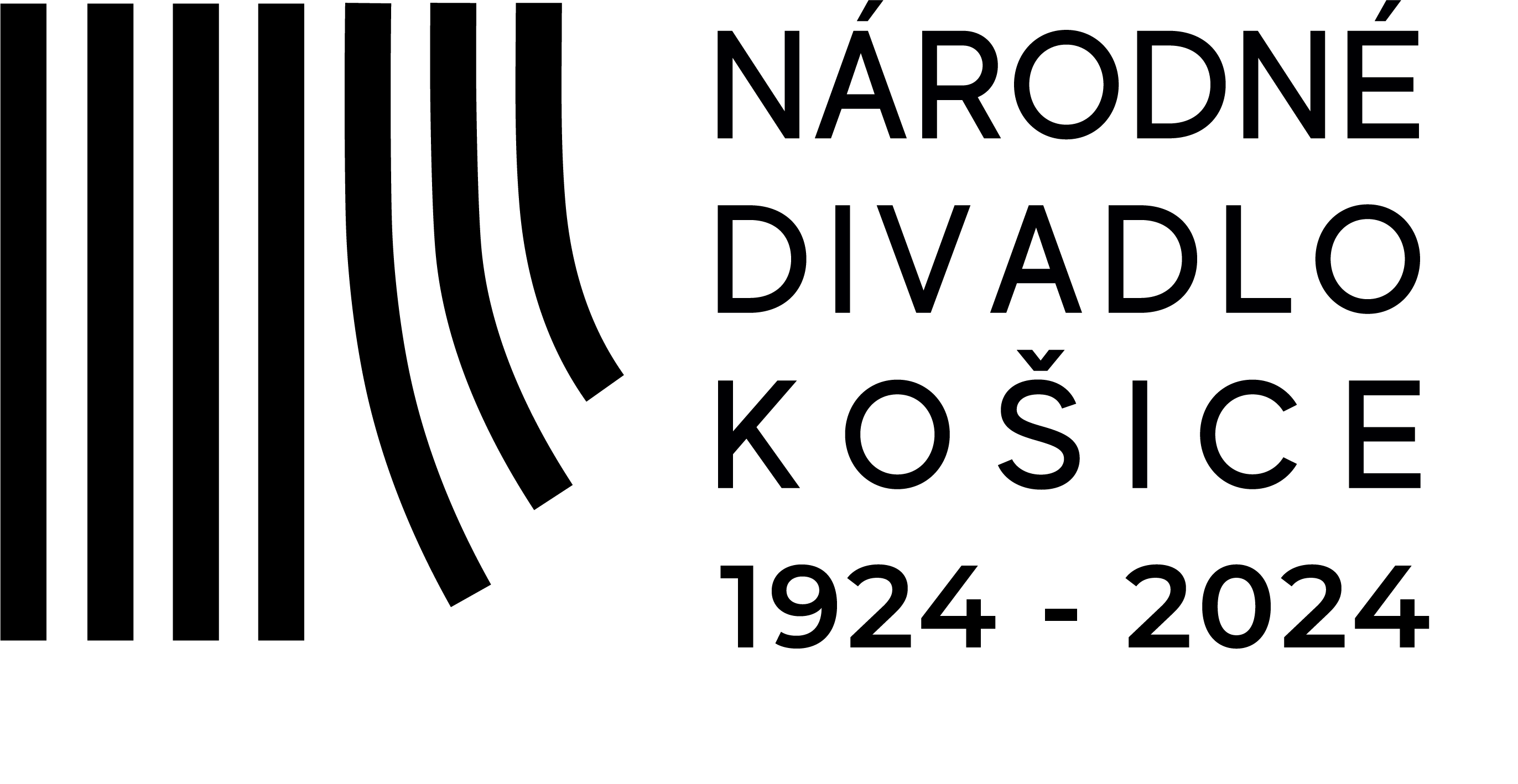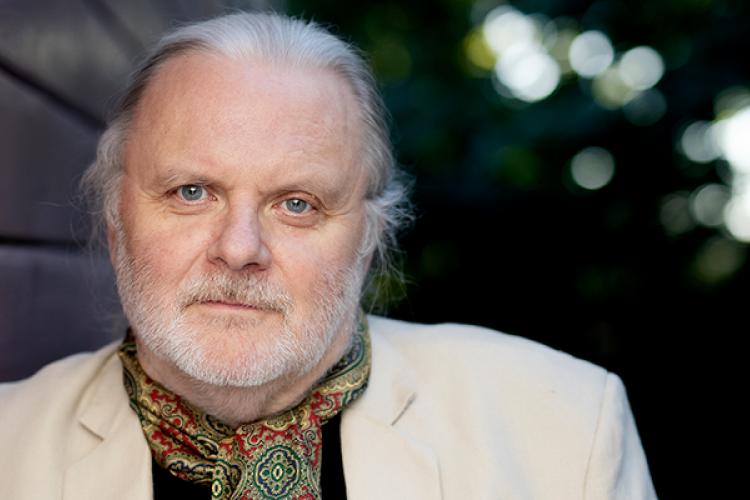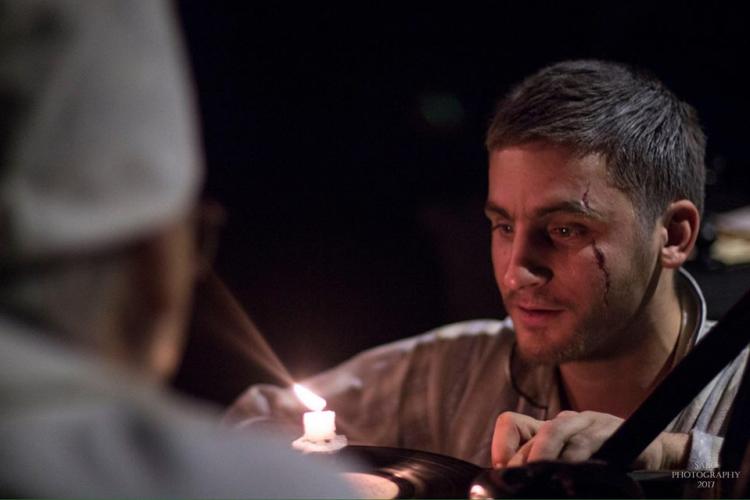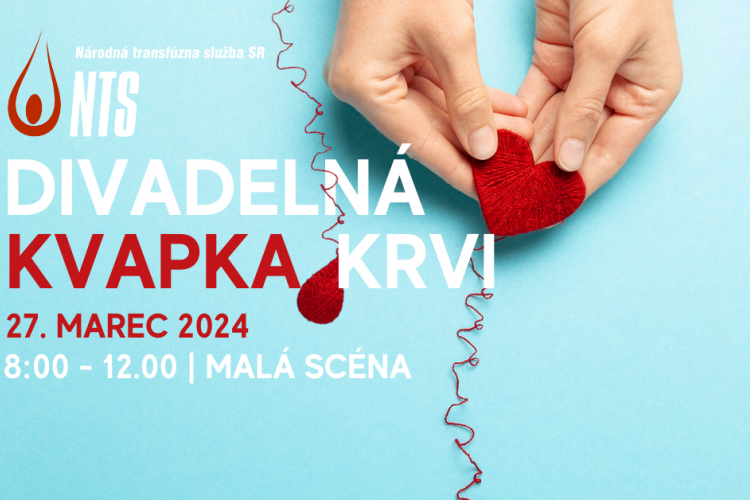Can you imagine life without theater as we know it today? We definitely cannot. We are especially grateful to one person who transformed his passion into a professional career and thus contributed to the establishment of professional theater in Slovakia. This man was Janko Borodáč.
The older generation of Košice met with his name especially in the 1990s, when the Košice and Prešov theaters operated under the joint name, Janko Borodáč Theater. His portrait is displayed on a memorial plaque on the east facade of the State Theater in Košice. From September 25, he will receive another honor - in the Historical Building, the Košice State Theater will present the play BORODÁČ or Three Sisters, which maps his professional and private life.
What led him to the theater? Which movements influenced him? And why is his production of Three Sisters connected with Košice? All this can be summarized in 6 steps that led him to our theater.
I. FROM CAPTIVITY TO ACTING
Janko discovered his greatest passion in life - acting - during his captivity in Russia. He originally graduated as a teacher, but the long days of doing nothing in the company of his friends resulted in the preparation of amateur performances that inspired him to a new path of life.
II. STUDIES IN PRAGUE
After the war, he decided to devote himself to his newly discovered profession and mission professionally. He went to Prague and was the first Slovak to study acting there. In addition to his studies, he discovered his other love and lifelong professional partner, Oľga Országová.
III. TRAVELING WITH THE SLOVAK NATIONAL THEATER ENSEMBLE
After graduating, he returned to Slovakia with Oľga. Both began working in the traveling ensemble od the Slovak National Theater, Marška, which had the task of spreading professional theater in Slovakia. Although the ensemble was disbanded after a year, and Janko and Oľga were forced to go to Sabinov, they did not give up their passion for theater. They founded an amateur ensemble, which prepared incredible seventeen games over the course of two years. Chýr about the activities of the Borodáč’s reached Bratislava and the Slovak National Theater offered Janko the position of director. Oľga continued her career as an actress.
IV. ONLY IN SLOVAK
Despite the growing interest in Slovak acting, many plays were still performed in Czech. Janko insisted that he would only direct plays either written in Slovak or translated into his native language. He was constantly trying to raise the Slovak theater to the level it deserved, and he needed quality Slovak actors for that. However, there was a shortage of them at that time. Therefore, he initiated the establishment of a drama department at the then Bratislava Music School for Slovakia. The first teachers were, of course, he and his Oľga.
V. MEETING WITH STANISLAVSKÝ
In addition to the basics of acting, Janko also learned Russian in captivity. Therefore, he subconsciously tended to Russian authors. In 1934, he even met the founder of the groundbreaking acting methodology, Konstantin Stanislavsky. It was after talking to him that Borodáč was reassured that theater as such should be rooted in realism. It eventually became one of the most important features of his work.
VI. HELP TO KOŠICE
After the end of the Second World War, Janko came to Košice to help restore the then so-called East Slovak National Theater. During the first season, he already included drama and opera in the repertoire, and later ballet as well. In Košice, he also directed two of the most critically acclaimed productions of his career - Gogol's The Government Inspector and Chekhov's Three Sisters. Directing the Three Sisters has become the central motif of the play, which will be presented by the State Theater in Košice.
Janko Borodáč returned to Bratislava after eight years in Košice. Here he continued to impress audiences and critics, his production of Herod and Herodias opened the Pavol Országh Hviezdoslav Theater. He laid the foundations of stage speech and educated a generation of professional actors who, thanks to his efforts, were able to further develop theater in Slovakia.






